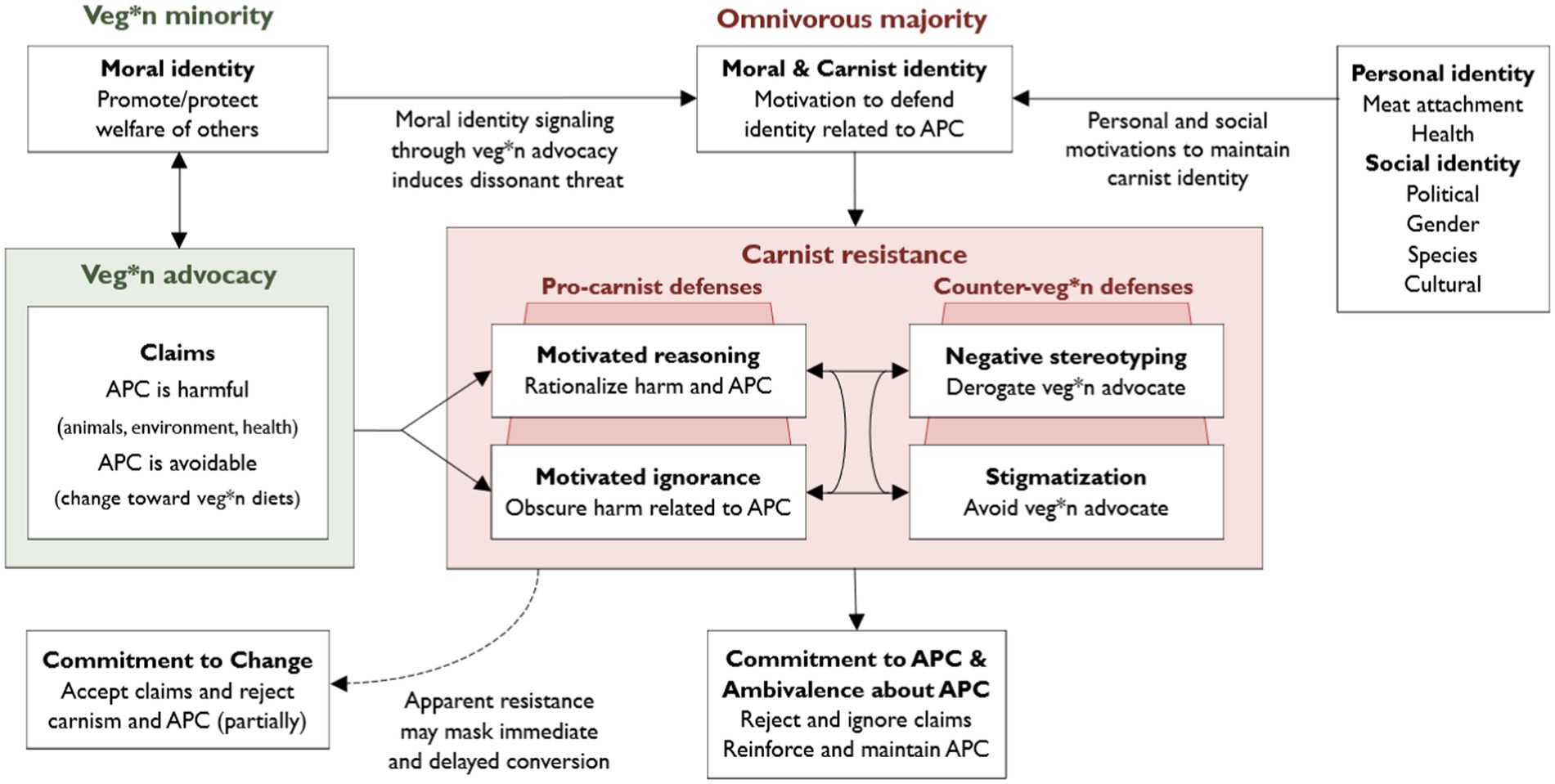A Vegan Diet is More Restrictive Than a Fruitarian Diet: Unveiling the True Power of Plant-Based Nutrition

A vegan diet is less restrictive than a fruitarian diet because it allows for the consumption of a wider variety of foods and food groups. A vegan diet eliminates all animal products, including meat, dairy, and eggs, but still allows for the consumption of plant-based sources of protein, such as legumes, tofu, and tempeh.
On the other hand, a fruitarian diet is even more restrictive as it primarily consists of fruits and excludes all other food groups, including grains, legumes, and even vegetables. This extreme dietary approach can pose challenges in meeting nutritional needs, particularly in terms of protein, essential fatty acids, and certain vitamins and minerals.
While both diets have their own restrictions, a vegan diet offers more flexibility and a better potential for meeting nutrient requirements.

Credit: www.frontiersin.org
Comparing Vegan And Fruitarian Diets
A vegan diet and a fruitarian diet may both be plant-based, but there are notable differences in their dietary restrictions and nutritional profiles.
Veganism is characterized by the avoidance of all animal-derived products, including meat, dairy, eggs, and honey. This dietary choice is primarily driven by ethical concerns for animal welfare and the environment. The vegan diet allows for a wide variety of plant-based foods, including fruits, vegetables, grains, legumes, and nuts.
In contrast, a fruitarian diet takes plant-based eating to an even higher level of restriction. Fruitarianism emphasizes the consumption of solely fruits (Apples, Oranges, Bananas), along with seeds and nuts. This diet is often motivated by a belief in the spiritual and healing properties of fruits.
From a nutritional standpoint, both diets can provide adequate intake of macronutrients and micronutrients with proper planning. However, the fruitarian diet is more limited in terms of variety (restricted food choices), making it potentially challenging to meet all nutrient requirements consistently. On the other hand, vegans have a wider selection of food options, allowing for greater nutrient diversity.
In conclusion, while both vegan and fruitarian diets restrict animal product consumption (strictly plant-based diets), fruitarianism takes it further by solely relying on fruits for sustenance. Each choice comes with its own set of benefits and considerations, and it is important for individuals to evaluate their specific needs and goals when deciding between the two.

Credit: www.pnas.org
Unveiling The True Power Of Plant-based Nutrition
A vegan diet and a fruitarian diet are both plant-based eating patterns that have gained popularity in recent years. While they share similarities in their focus on plant foods, they do have distinct differences in terms of their restrictions and health benefits.
A vegan diet excludes all animal products, including meat, dairy, eggs, and honey. It emphasizes whole grains, legumes, fruits, vegetables, nuts, and seeds. Studies show that a vegan diet can reduce the risk of chronic diseases such as heart disease, obesity, and certain cancers. It is also associated with improved digestion, increased energy levels, and better weight management.
On the other hand, a fruitarian diet takes plant-based eating to the extreme, as it primarily consists of fruits, nuts, seeds, and other plant parts that can be harvested without killing the plant. While it may provide some of the benefits associated with a vegan diet, such as high fiber content and rich antioxidants, it can be more challenging to meet nutritional needs due to its restrictive nature.
| Health benefits of a vegan diet | Health benefits of a fruitarian diet |
|---|---|
| Reduces the risk of chronic diseases | Provides high fiber content and antioxidants |
| Improves digestion | May aid in weight loss |
| Promotes sustainable weight management |
Both diets have their challenges and limitations. A vegan diet can be more socially and logistically manageable, as it allows for a wider variety of foods. However, it requires careful planning to ensure adequate intake of essential nutrients like vitamin B12, iron, and omega-3 fatty acids that are commonly found in animal products.
On the other hand, a fruitarian diet can be extremely restrictive, potentially leading to deficiencies in protein, calcium, vitamin D, and other essential nutrients typically found in a diverse range of plant and animal foods. It may not be suitable for everyone, especially those with specific health conditions or higher nutritional needs.

Credit: www.amazon.com
Frequently Asked Questions On A Vegan Diet Is More Restrictive Than A Fruitarian Diet.
Which Of The Following Nutrients Is Most Likely To Be Deficient In A Vegan Diet?
The nutrient most likely to be deficient in a vegan diet is vitamin B12.
What Is The Only Plant Source That Is A Complete Protein?
The only plant source that is a complete protein is soybeans. It contains all essential amino acids needed for a balanced diet.
Which Of The Following Is Not Typically A Nutrient Of Concern For Vegans?
Typically, vegans do not need to worry about their intake of fiber, as it is abundant in plant-based foods.
Are The Majority Of Plant-based Foods Complete Proteins?
The majority of plant-based foods are not complete proteins. They lack one or more essential amino acids. However, combining different plant foods can provide all the essential amino acids necessary for a complete protein.
Conclusion
To sum up, a vegan diet may seem restrictive compared to a fruitarian diet due to the exclusion of all animal products. However, both diets have their own set of limitations. It ultimately depends on personal preferences, health goals, and nutrient intake considerations.
Consulting with a nutritionist can help individuals make well-informed decisions about their dietary choices. Embracing a balanced and sustainable approach is key to achieving optimal health and well-being.






